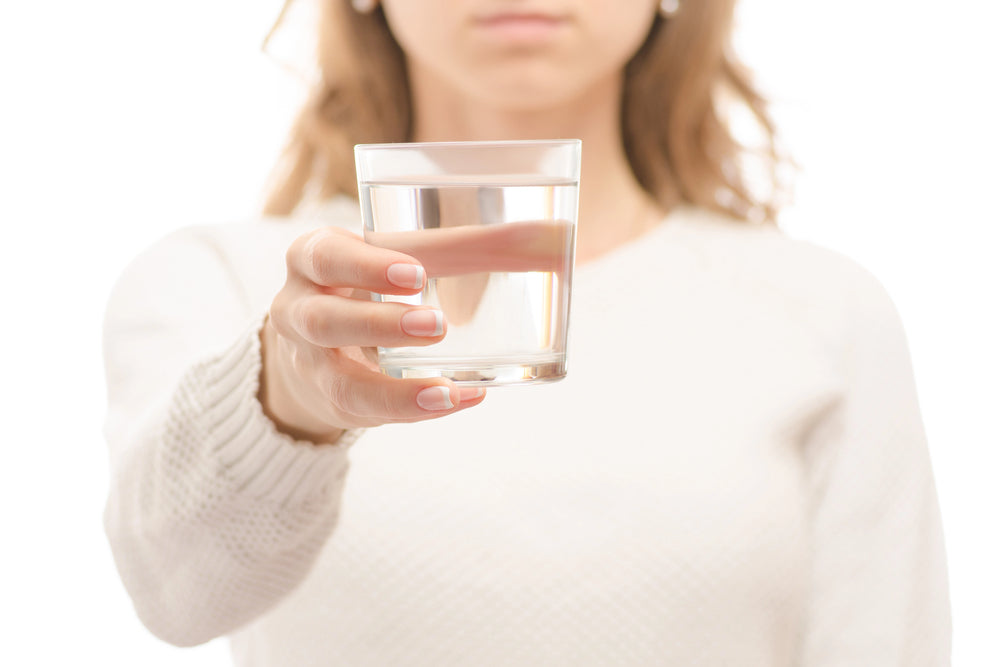
How Do Saltwater Rinses Help Your Oral Health
|
Time to read 4 min
|
Time to read 4 min
Maintaining good oral hygiene is important for overall health, and one of the simplest yet effective practices is rinsing with saltwater. While saltwater rinses may not be as popular as traditional mouthwashes, they have been used for centuries as a natural remedy for various oral health issues.
Saltwater rinses are good for killing bacteria and helping wounds in your mouth heal. The high amount of salt in the water makes it hard for bacteria and fungi to survive. The saltwater also damages the cells of these microorganisms and stops them from growing, which helps prevent infections and makes your mouth feel better if you have sores or swollen gums.
We know regular cleaning is the best option for good oral health. You can use a variety of mouthwash to get rid of oral health problems . But research shows market low-quality mouthwash contains high alcohol content that could cause irritation to your mouth, especially the gums. Saltwater rinses may be healthier alternatives while also removing bacteria and ensuring your mouth is clear.
Apart from preventing the growth of bacteria in the mouth, saltwater rinses also have additional advantages. They can reduce the quantity of plaque within your mouth and promote safe recovery from dental procedures.
You know, Does Saltwater rinses stop growth of bacteria in your mouth ? Yes, the use of saltwater rinses can stop the development of bacteria in your mouth.
Saltwater rinses are helpful in preventing the growth of bacteria in your mouth. Bad bacteria prefer to live in an acidic environment. When the acidity is reduced in the mouth, it can help make the mouth healthier and less inflamed.
Does salt water rinse help mouth heal? Yes, Saltwater promotes healing after dental procedures because it promotes gingival fibroblast migration and an increased amount of extracellular matrix components, which serve to regulate wound repair activity. Salt rinses also will not burn or cause mouth pain.
Discover More: Could Mouthwashes And Oral Rinses Help Protect Against Coronaviruses
Saltwater is popular for its healing properties and can potentially help treat gum infections . When used as a mouthwash, salt water can help reduce inflammation and kill bacteria, providing temporary relief.
However, it is important to note that salt water alone may not completely cure gum infection. Regular brushing and flossing are essential for maintaining healthy gums and preventing infections. Additionally, you can use Great Oral Health PATENTED 7-STRAIN FORMULATION ORAL PROBIOTICS for optimal results in gum infection management.
Effective bad breath remedies include:
Gentle and regular scraping of the tongue
Regular oral care practices such as daily brushing and flossing
Professional deep cleanings and plaque removal
The ongoing use of oral probiotics.
One, the probiotics compete with the existing bad bacteria and reduce their presence by “crowding them out”
Two, the probiotics produce BLIS or “bacteriocin-like-inhibitory-substances” which is a technical way of stating that one probiotic strain (bacteria) can produce a substance that inhibits or kills off other bacteria. Three, by working to control gingivitis, gum disease and tooth decay these probiotics reduce the very sources of bacteria-generated odors in the mouth.
Studies have shown a clear reduction in plaque levels and gingivitis symptoms when oral probiotics were administered to patients with moderate to severe gingivitis.


